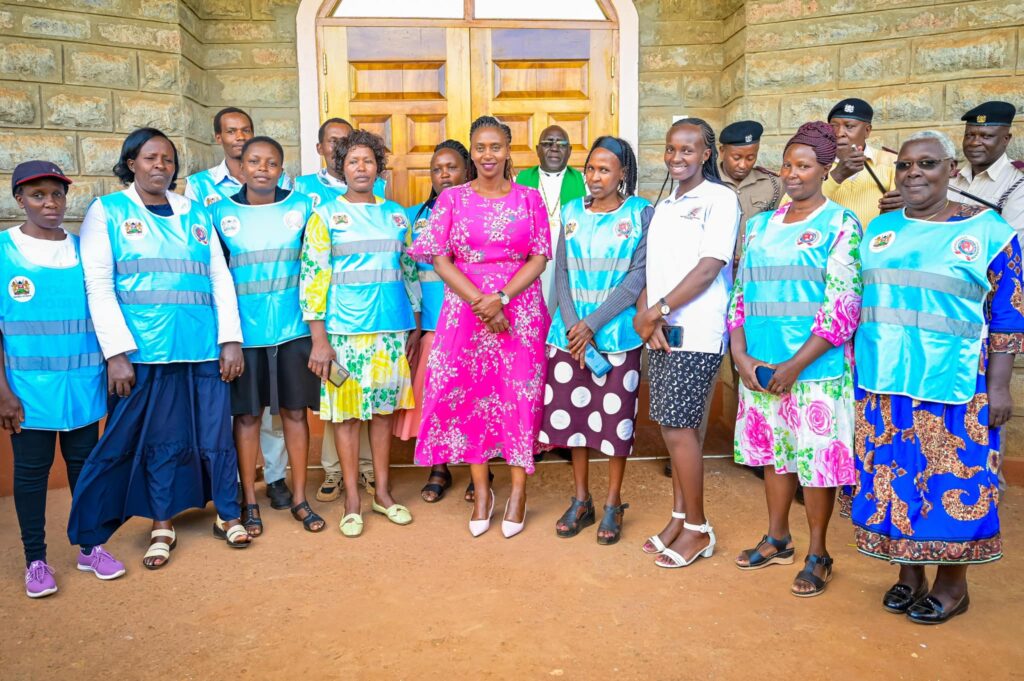Kenya Enhances Border Surveillance to Combat Mpox, Marburg, and Ebola
The visit comes amid rising concerns over a Mpox outbreak in Kenya and the persistent threat of Marburg and Ebola in neighboring countries.

Principal Secretary for Public Health & Professional Standards, Mary Muthoni, led a high-level delegation to Jomo Kenyatta International Airport (JKIA) to assess and strengthen border disease surveillance measures. Photo/Ministry of Health.
Principal Secretary for Public Health & Professional Standards, Mary Muthoni, led a high-level delegation to Jomo Kenyatta International Airport (JKIA) to assess and strengthen border disease surveillance measures.
She was accompanied by the World Health Organization (WHO) Country Representative, Dr. Abdourahmane Diallo, and the International Organization for Migration (IOM) Chief Migration Officer, Basnet Mukunda.
The visit comes amid rising concerns over a Mpox outbreak in Kenya and the persistent threat of Marburg and Ebola in neighboring countries.
The delegation engaged the Border Management Committee to explore enhanced screening, rapid response mechanisms, and public awareness campaigns aimed at preventing the importation of infectious diseases.
To streamline surveillance, authorities have designated Terminal 1A, Gate 16 at JKIA as the exclusive entry point for travelers arriving from Uganda and Tanzania—two countries currently reporting cases of Marburg and Ebola.
This strategic move is part of a broader multi-agency initiative to operationalize the Kenya Emergency Preparedness and Response Plan at all points of entry.
“Kenya remains committed to protecting public health through proactive surveillance and emergency preparedness. By working closely with global partners, we are strengthening our capacity to detect and respond to disease threats at our borders,” stated PS Muthoni during the visit.
The WHO and IOM reaffirmed their commitment to supporting Kenya’s efforts in fortifying emergency response measures.
Dr. Diallo emphasized the importance of sustained collaboration, noting that early detection and swift intervention are crucial in curbing the spread of infectious diseases.
The Kenyan government has taken significant steps to enhance public health preparedness, including deploying health personnel at key border points and upgrading medical infrastructure to facilitate rapid testing and isolation if necessary.
Public awareness campaigns have also been intensified to educate travelers and communities on preventive measures against Mpox, Marburg, and Ebola.
With Kenya serving as a major transport hub in East Africa, experts stress that heightened vigilance is critical in averting potential health crises.
The reinforced measures at JKIA and other points of entry signify the government’s commitment to safeguarding the population from emerging health threats.
As the country navigates these challenges, continued cooperation with international health organizations will be key in mitigating risks and ensuring a robust response to infectious disease threats in the region.





